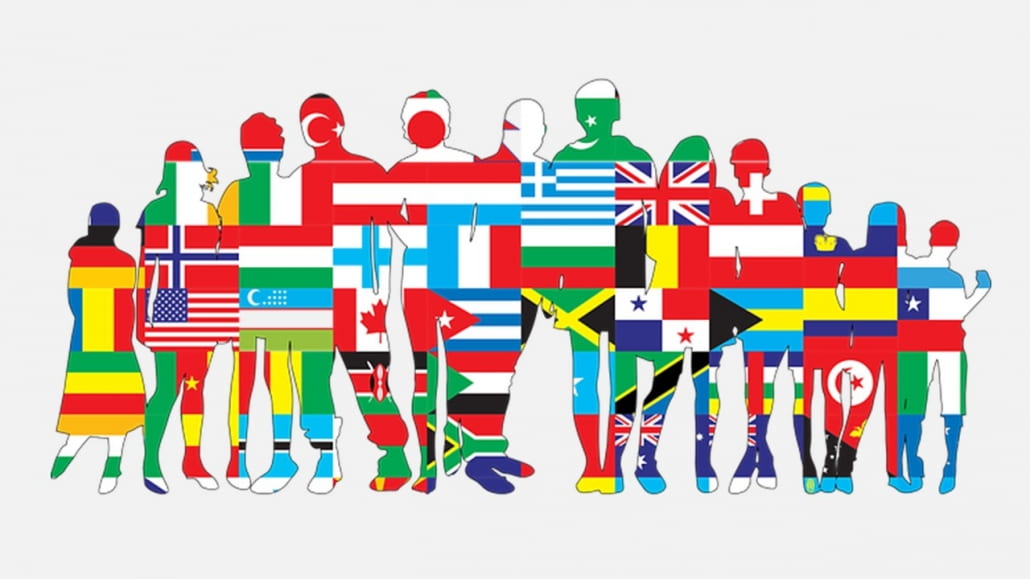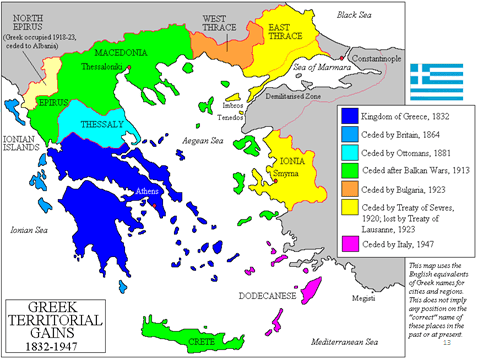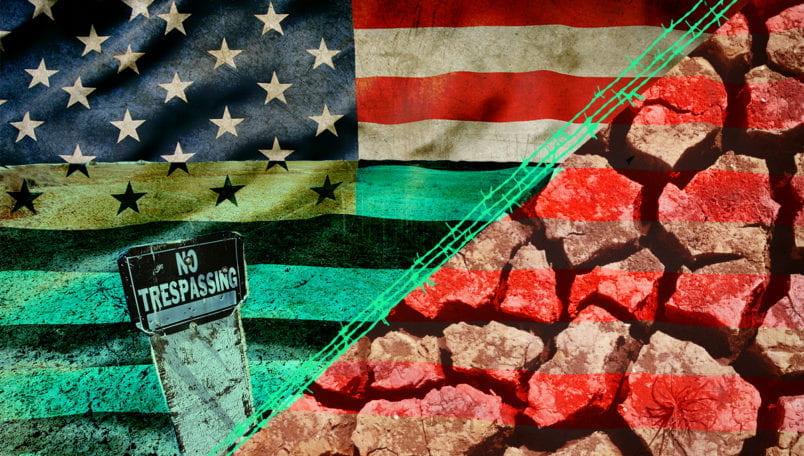Salutations!
It is that time of year! I am in high spirits because today marks the end of perhaps one of my favourite projects this year.
We recently finished our “Straight flowin’ / while I am scrolling” project. This scheme gave us an in-depth understanding of historical significance, nationalism, memes, and the path of adaption of ideas overtime, which in turn gives us a better understanding of the correlation between pride and conflict.
This blog post is by no means my final reflection on the process. I am under the impression that I have a deeper understanding of historical significance and miming than I do when it comes to nationalism. The following blog post contains exerts from multiple articles and research papers that I read on the topic of nationalism.

Overtime, our perception of the word nationalism has changed. Especially because of the dawning age of Donald Trump, the word nationalism has come to mean a whole new thing. Here is an exert of a CNN article titles “The Definition of a Nationalist”
During a rally Monday night in Texas, President Donald Trump used a word he had never before uttered publicly to describe himself: nationalist.
After telling the crowd that a globalist is someone who “wants the globe to do well” at the expense of the country, Trump made it clear he’s not one of those.
“You know what I am, I’m a nationalist. Use that word,” he roared, as the crowd erupted in cheers of “USA! USA!”
We are able to see acts of nationalism through the ages if we examine a historically significant moment very closely. For instance, take the rise of Greek nationalism. The war of Greek independence was by no mean an isolated event. In fact, the Greek effort to free themselves from Ottoman rule was influenced by the ideology of nationalism.

Before the rise of nationalism, most Europeans lived in large, multiethnic states, such as the Austrian, Russian, and Ottoman Empires, or much smaller states within ethnically similar regions. Monarchs or religious leaders whose legitimacy often derived from claims to a divine right ruled these states. But the revolutions in America and France in the late 18th century demonstrated that a state could instead derive its legitimacy from the consent of its citizens. The idea of a nation-state, a country with a unified national identity and clear territorial boundaries, was thus popularized and inspired nationalist movements across the world. As nationalism spread, nation-states emerged from the decline of larger empires and the unification of smaller states.
Ironically, the Ottoman Empire gave the Greeks the rights required to self-identify as a nation state. The Greek elite held prominent roles in the parliamentary system, and even had the right, that back in the day was a liberty, to dictate their own child’s education. Nationalism is still an influential ideology today. Kurdish, Basque, Tibetan, and Chechen nationalist movements have had an enormous impact on international politics, and new states like South Sudan continue to show the appeal of the nation-state as a form of government.
As we can observe, nationalism used to be a term that was revered. It signified liberty and pride in one’s culture. Yet, throughout the coming of different eras, advancements in minorities lifestyles have come to discourage certain types of nationalism. We no longer give the power to white men who want to revel in how amazing they are while they oppress a race of people. Certain nations who hold a dark past are discouraged from showing nationalism. From certain perspectives, this is a good thing. And from others, it is not. The decision as to whether nationalism should be supported or silenced is ongoing, and because of how many varying perspectives are participating in the conversation, we may never come to a consensus.
A fascinating example of nationalism was information that I have pulled from an article from BCC News titled “Schools in France Display Flag In Classroom”. By hanging flags on the wall, France is supporting it’s country, and showing pride. This gives the children in schools a stronger sense of nationality. In this case, it is beneficial. In other cases, perhaps not. Take nationalism in the age of Trump. This term became a flash point because it was claimed by President Trump during a stump speech in Texas on Monday. That alone means people are likely to argue about it.
But the president said Tuesday he was a “proud” nationalist, and he used it to contrast himself with previous presidents who negotiated trade deals, arms agreements and immigration laws — all of which involve the interests of other nations in addition to our own.
Trump has made it his business to repudiate all of the above. He often recounts how he has complimented leaders of Japan and China and other world powers on their pursuit of their national interest. We should be more assertive about serving our own, he says.
Pop quiz. Why is this behaviour dangerous? Other nationalist nations will also think highly of themselves, as they should. When Trump claimed that he was not receiving the respect with which he is offering, that will result in other nations repenting. This is a good example of when nationalism can lead to conflict.
Whether you are a firm believer in nationalism, or a holder of the mindset that nationalism holds toxicity as a wide lifestyle, we all hold these opinions for a reason. The variety when it comes to these opinions is arguably what fuels change and improvement in our society.
In short, nationalism, which is a public display of pride for ones nation, can be a driving force, while in other cases it can cause conflict. In extremist cases, nationalism can lead to war, which has been illustrated in revolutions throughout the years such as the Italian unification and the Greek revolution. Each and every one of us hold a different perspective on the significance of these events, using it as a source of information which will offer the answer as to whether nationalism is right or wrong. I am not about to go off on a philosophical tangent, yet how are we able to define right or wrong when the idea itself is subjective. I am not sure how nationalism may apply to your life, and I am not able to govern it for you (cough* Cecil Rhodes *cough). Although I may not know how you embrace nationalism, I know how I do. I show pride for my country and identity. Since we began doing this project, I have become much more aware of how nationalism leaves a lasting impact on my life. I am fascinated by the subject, and I hope to pursue it further into the future.
If you have stuck with my throughout this lengthy tangent, then you deserve an award. Until next time folks.
“Good morning, and in case I don’t see ya, good afternoon, good evening and goodnight” – The Truman Show


